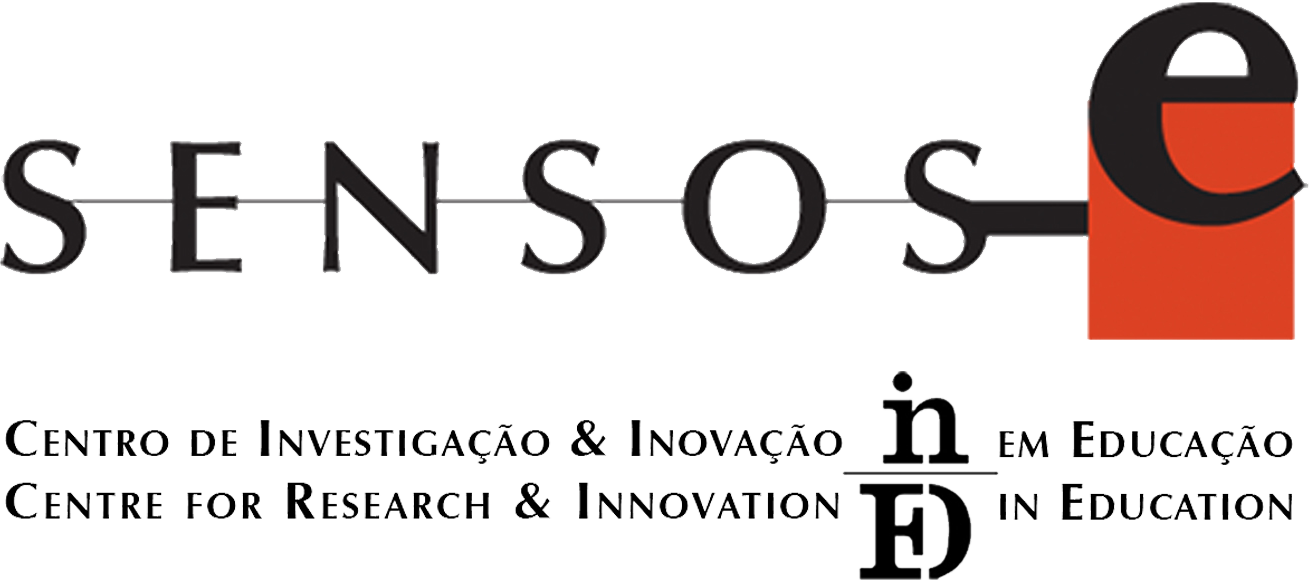Assistive technologies in the education of blind Brazilian students: definitions and uses in school daily life
DOI:
https://doi.org/10.34630/sensose.v7i2.3537Keywords:
Assistive technologies, Blind education, Inclusion, Visual impairment, Special EducationAbstract
The Brazilian policy of special education in an inclusive perspective states that students with disabilities should be granted access to social experiences and conditions of stay in school through specialized care and promotion of accessibility. Considering that the resources offered by Assistive Technologies (ATs) can enable social experiences that are not accessible by a direct way and supported by the Cultural Historical Approach of human development, the aim of this article is to evaluate how Brazilian researchers define and discuss the use of ATs in the education of blind students, in the studies published within 2008-2017, on two electronic platforms CAPES (Higher Education Staff Improvement Coordination Journals Portal) and SciELO (Scientific Eletronic Library). Within ten years, six articles were found on these electronic platforms, which demonstrates the scarcity of production about the theme. Studies show the contributions of ATs to the educational context of blind people as far as they provide alternative ways to access knowledge. However, they reveal the need for improvement of knowledge about how assistive technologies work by educators and a greater investment in resources such as audio description of images, which guarantee autonomy for the blind person.
Downloads
Published
How to Cite
Issue
Section
License
Copyright (c) 2020 Karla Cremonez Gambarotto Vieira, Endrius Robert Lopes, Maria Inês Bacellar Monteiro

This work is licensed under a Creative Commons Attribution-NonCommercial-ShareAlike 4.0 International License.



